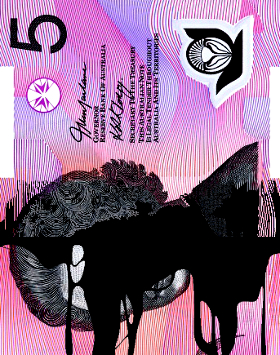Cuts justified in storm of fake money fear
 An Australian economist says the federal budget crisis does not actually exist, but has been made up to sell broad government cuts.
An Australian economist says the federal budget crisis does not actually exist, but has been made up to sell broad government cuts.
Professor Raja Junankar of the Australian Business School at the University of New South Wales says warnings from Prime Minister Tony Abbott and Treasurer Joe Hockey are just a smokescreen of economic fear.
He says the government is beating down the perceived state of the Australian economy.
“If we compare ourselves to the OECD countries [other advanced economies], we are doing fantastically well in all sorts of ways,” Professor Junankar told the ABC's AM program.
“We have a country where the debt-to-GDP ratio is very small compared to almost all OECD countries, and we have an economy which is slowing down because we've done very well throughout the so-called global crisis, and it's now slowed down a little bit because China's economy has slowed down.”
He says Australia has no need for more tax gouging or austerity measures.
“If there's a world crisis, of course, then we might have problems. I don't think there's any question that if the Chinese economy collapses and the European Union collapses that we would have problems,” Professor Junankar said.
“We don't have to suddenly close all the hatches and say; ‘crisis, crisis, we have to stop doing everything, cut back on all our welfare programs’ - which is what the Government is trying to do.
“It is just a political stunt to try and persuade people that we have to cut back on things that this Government would like to cut back on anyway.”
He admits that Australia is not without its worries.
“I think the real problem that Australia has is that our productivity growth has slowed down, and I think that is of course important,” he said.
“But one of the factors that people don't look at very much is that, if you look at the share of wages in GDP, that has been going down consistently for about two decades now, and that means that profit share has been going up and inequality has been increasing as a result.”
Professor Junankar made the comments after the launch of his latest paper, which looks at lessons from the global financial crisis and new macroeconomic theories on global crises.







 Print
Print